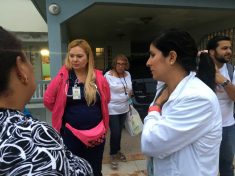Julie Dutil, Ph.D.
Associate Professor of Basic Sciences
Cancer Biology Research Division
Ponce Health Sciences University
Ponce Research Institute
Many of us know a relative or a close friend that has been diagnosed with a cancer. This is not surprising as cancers are common. It is estimated that around one in eight women will develop breast cancer in her lifetime. Most breast cancers are caused by a combination of risk factors including age, body weight, hormonal exposure, reproductive and lifestyle factors. A small percentage of all breast cancers cluster in families and are thought to be hereditary, caused by abnormal genes passed from parent to child.
Our genes contain the instructions for building proteins, which are controlling the structure and functions of our cells. We inherit two copies of each of our 21,000 genes, one from our mother and the other from the father. There are millions of variations in genes, which is the reason why no two persons are the same. While most of those changes are harmless, some are errors or mistakes, which can impede the function of a gene. Those changes are known as mutations.
The majority of inherited cases of breast cancer are associated with mutations in two genes: BRCA1 and BRCA2. Everyone has BRCA1 and BRCA2 genes, and their normal function in DNA repair is essential for cells to grow normally. When a person inherits a defective BRCA1 or BRCA2 gene from the mother or the father, it results in increased risk of breast, ovarian or other cancers. Having a BRCA1 or BRCA2 mutation doesn’t mean you will be diagnosed with breast cancer, but your chances are much higher. For example, women who have a BRCA1 mutation or BRCA2 mutation can have up to an 80% risk of being diagnosed with breast cancer during their lifetimes. Today, we know more than 50 genes that are involved in determining cancer risk, each associated with different risk of cancers. In many families, the genetic changes associated with hereditary breast cancer are unknown. Identifying additional genetic risk factors for breast cancer is an active area of medical research.
In order to determine if you and your family are carrier of a hereditary cancer mutation, a genetic test must be performed from a blood or saliva sample. Not everyone should be tested for hereditary cancer genes. If you or some of your close relatives have had breast or ovarian cancer, especially at young ages, in both breast, or a particular type of breast cancer known as triple-negative, or if there are other cancers in your family in addition to breast, such as prostate, melanoma, pancreatic, stomach, uterine, thyroid, colon, and/or sarcoma, you may consider hereditary cancer testing.
Although it can cause anxiety to find out that you have a genetic predisposition to cancers, knowing about your genes can also empower you to take preventive actions, make positive changes to your lifestyle and keep an eye on certain cancers for which you are at higher risk through regular screening. It is also a process that involves the entire family. Before undergoing genetic testing, make sure you understand the risks, benefits and limitations by talking to your healthcare provider.
Ponce Health Sciences University, before known as Ponce School of Medicine, is an institution focused on the disciplines of Medicine, Clinical Psychology, Biomedical Sciences, Public Health and Nursing. Since 1977 has developed highly trained professionals in health field. Now it has a university center in San Juan that offers a Masters in Medical Sciences and a Doctorate in Clinical Psychology.
To learn more about Ponce Health Sciences University, interested persons can call 787-840-2575, ext. 5724 or visit www.psm.edu.
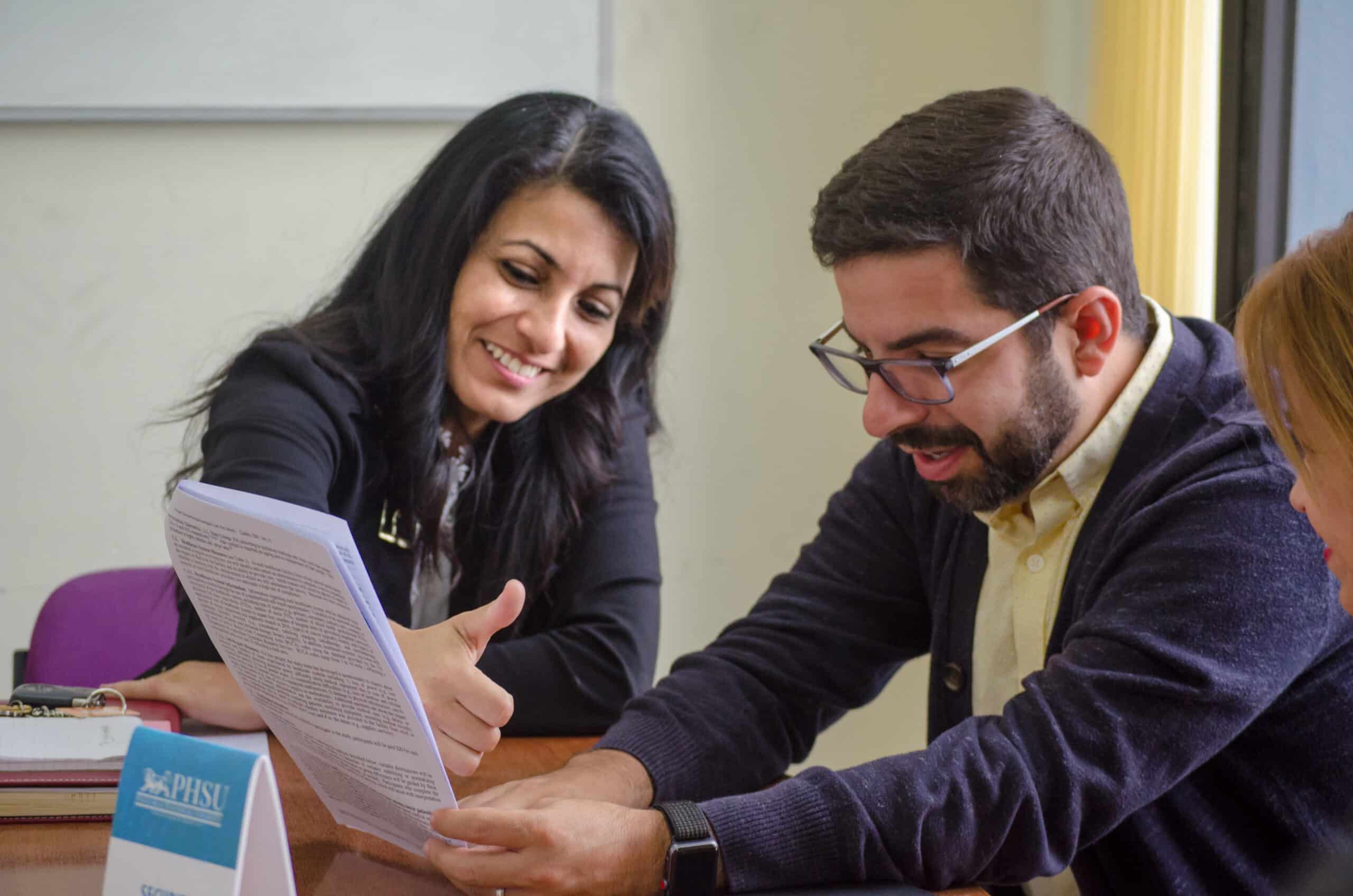 Esta información podrá ayudar a establecer medidas de preparación y resiliencia que provean un sistema de salud más eficiente para poblaciones necesitadas, ante cualquier evento futuro. El plan propuesto es cónsono con nuestra misión de buscar soluciones a los problemas de salud más apremiantes para la comunidad hispana”, dijo la Dra. Kenira Thompson, presidenta del Ponce Medical School Foundation, Inc.
Esta información podrá ayudar a establecer medidas de preparación y resiliencia que provean un sistema de salud más eficiente para poblaciones necesitadas, ante cualquier evento futuro. El plan propuesto es cónsono con nuestra misión de buscar soluciones a los problemas de salud más apremiantes para la comunidad hispana”, dijo la Dra. Kenira Thompson, presidenta del Ponce Medical School Foundation, Inc.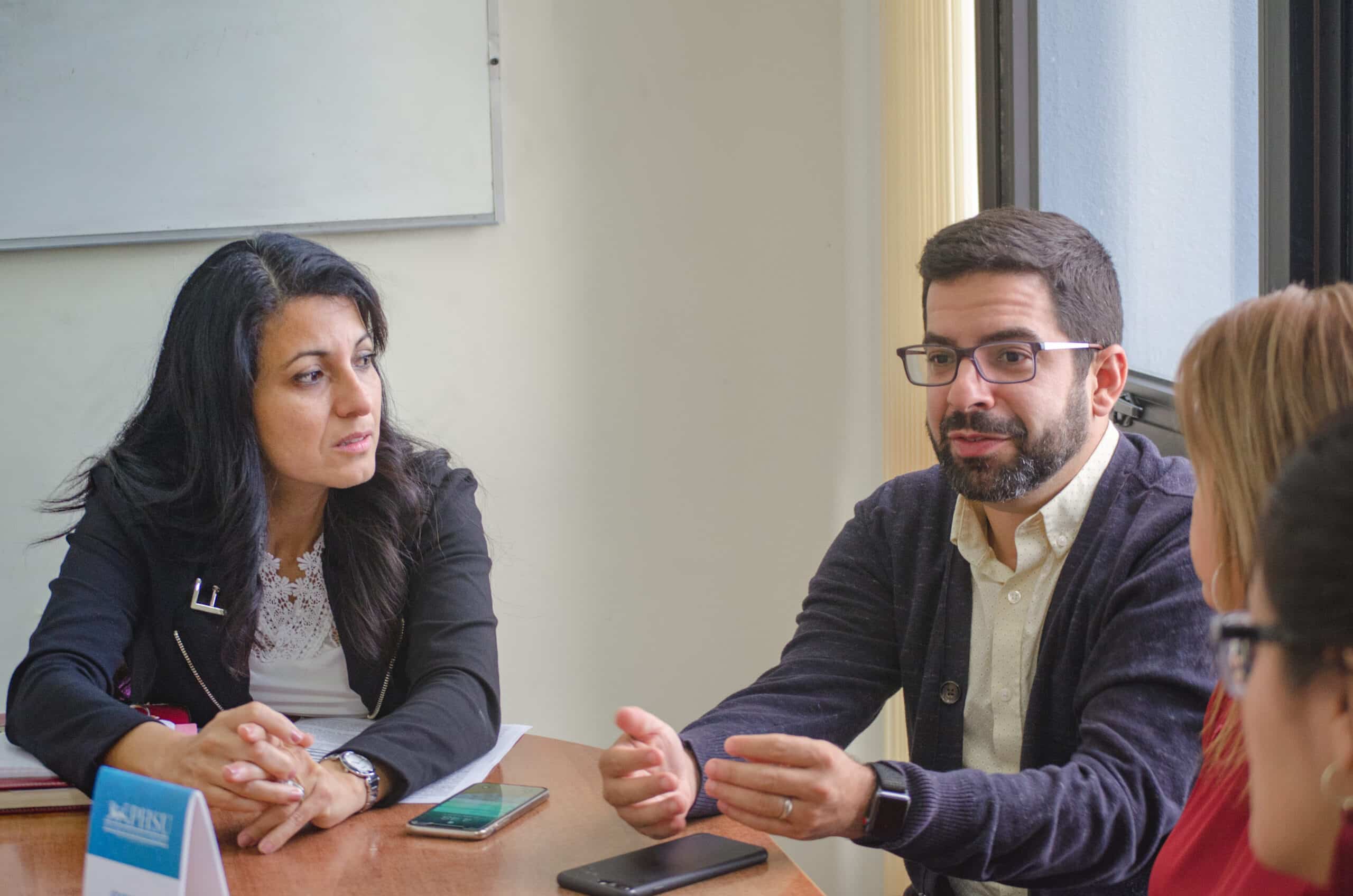
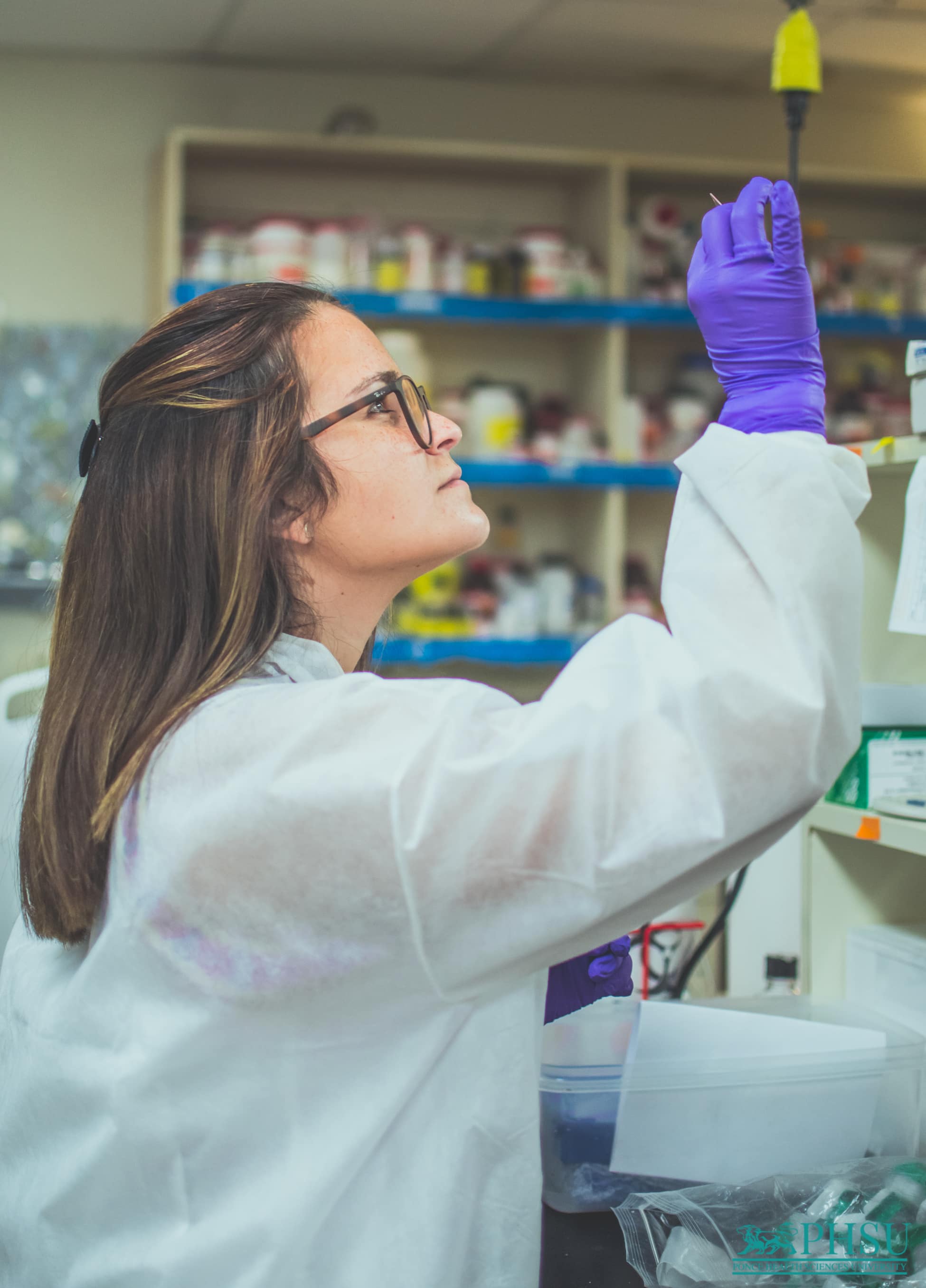 “Aproximadamente 10 de cada 100 mujeres en edad reproductiva en Puerto Rico y Estados Unidos padecen de endometriosis y la mayoría de los medicamentos que están disponibles para tratar la enfermedad causan un efecto negativo en la fertilidad de la paciente. Esta investigación me da la oportunidad de continuar estudiando un nuevo medicamento para las pacientes, como también me ayuda a contribuir, aunque sea un granito de arena, a esta enfermedad tan dolorosa e incurable.
“Aproximadamente 10 de cada 100 mujeres en edad reproductiva en Puerto Rico y Estados Unidos padecen de endometriosis y la mayoría de los medicamentos que están disponibles para tratar la enfermedad causan un efecto negativo en la fertilidad de la paciente. Esta investigación me da la oportunidad de continuar estudiando un nuevo medicamento para las pacientes, como también me ayuda a contribuir, aunque sea un granito de arena, a esta enfermedad tan dolorosa e incurable. 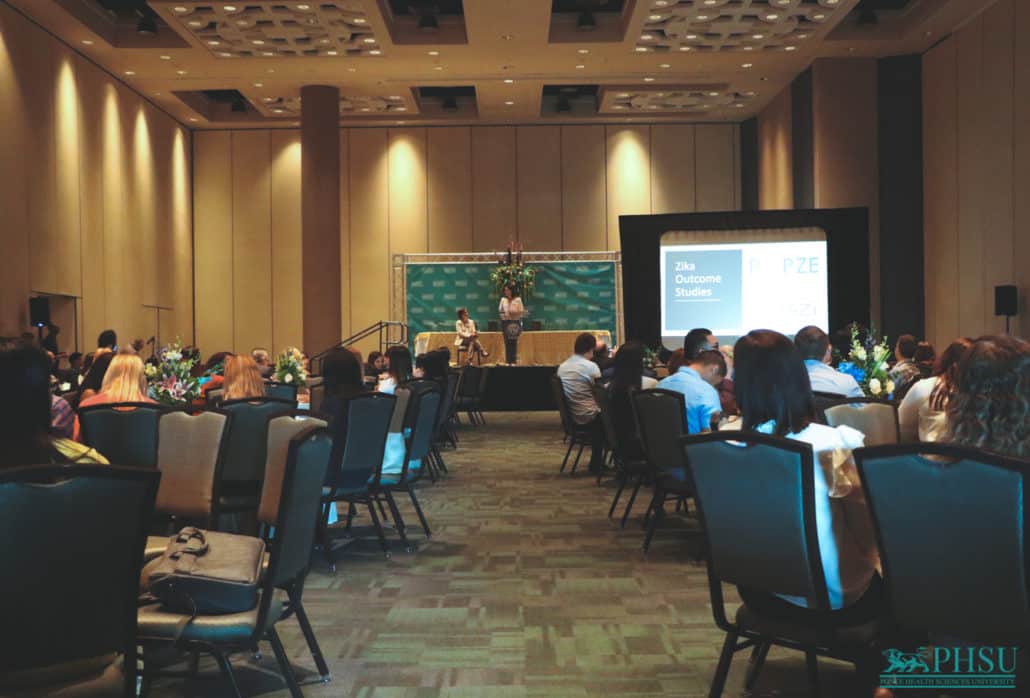
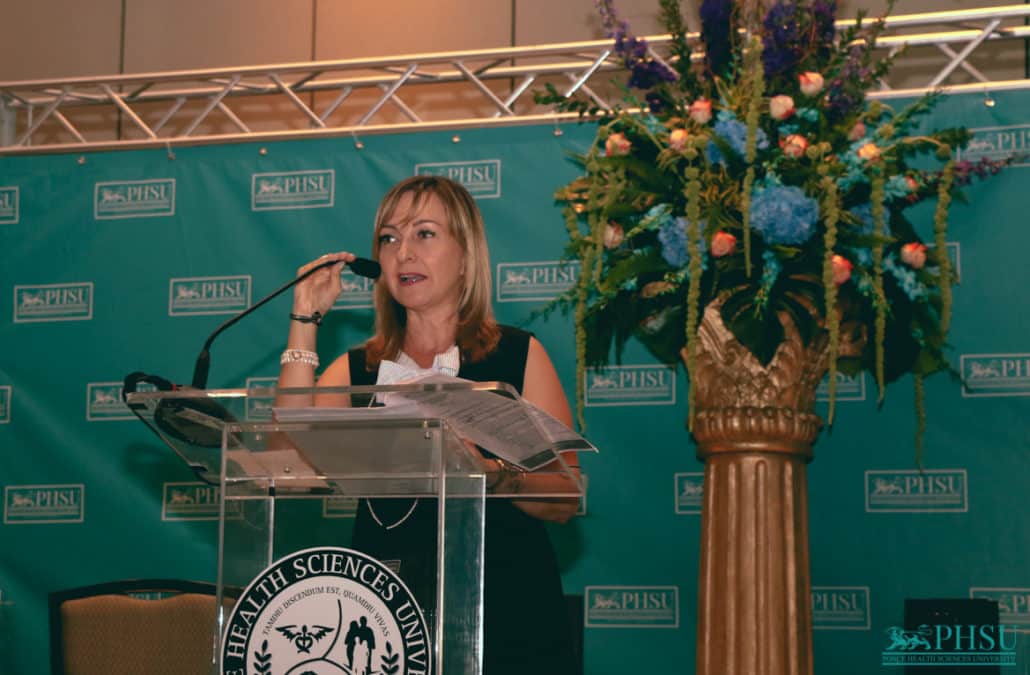
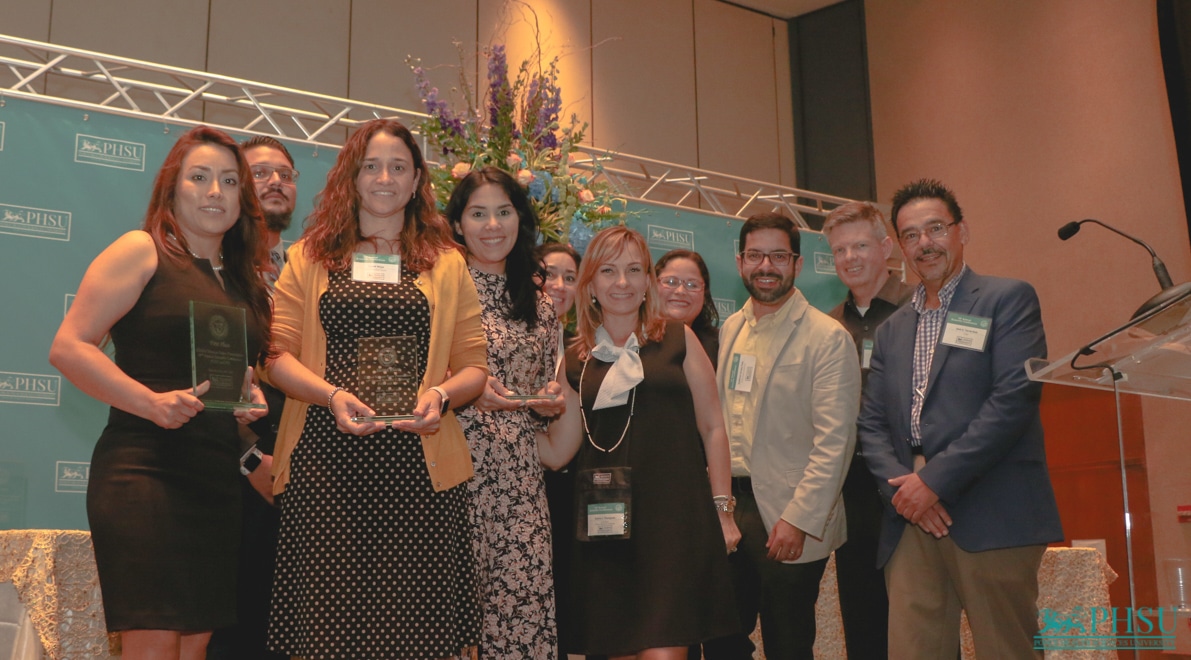
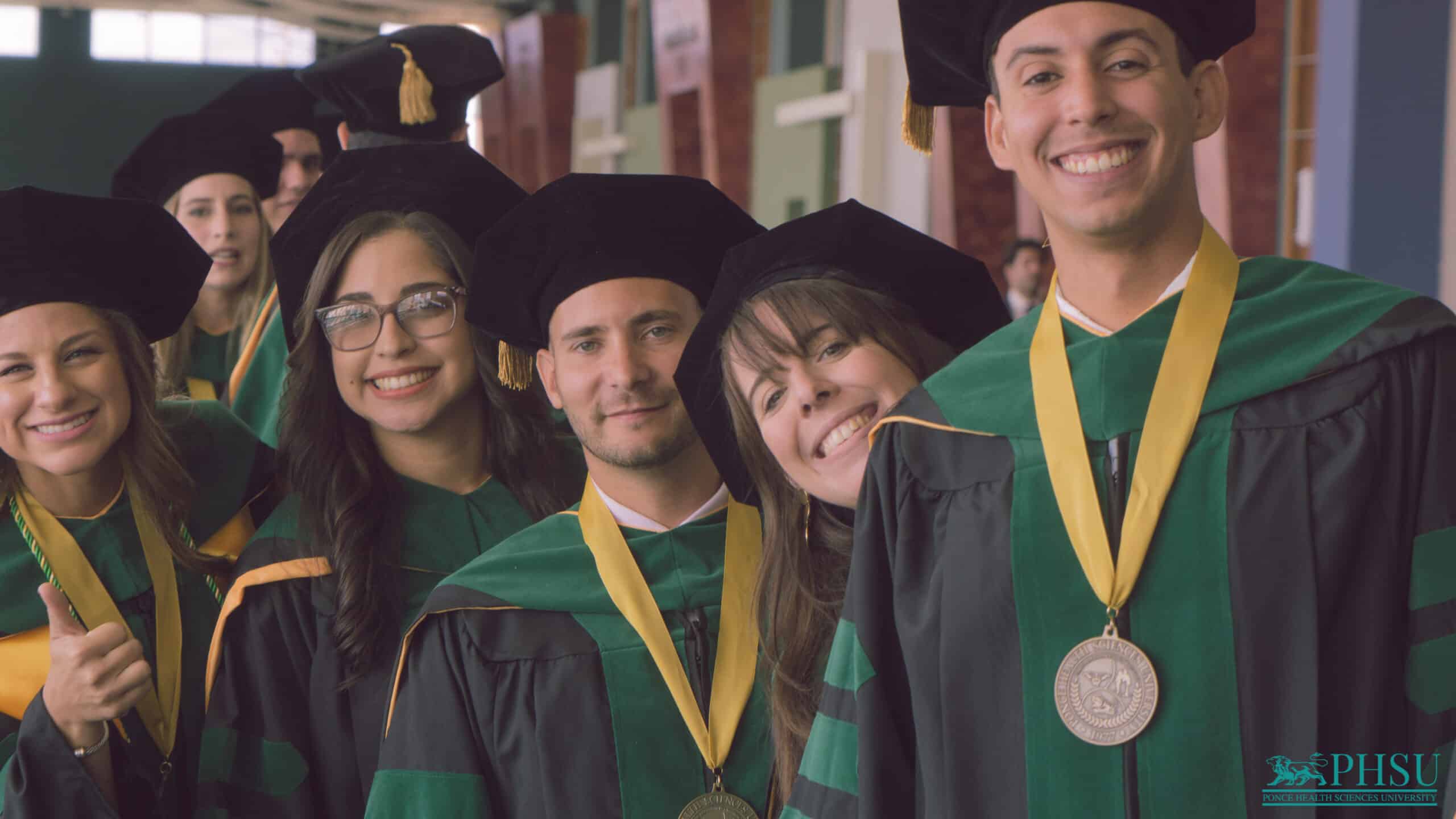

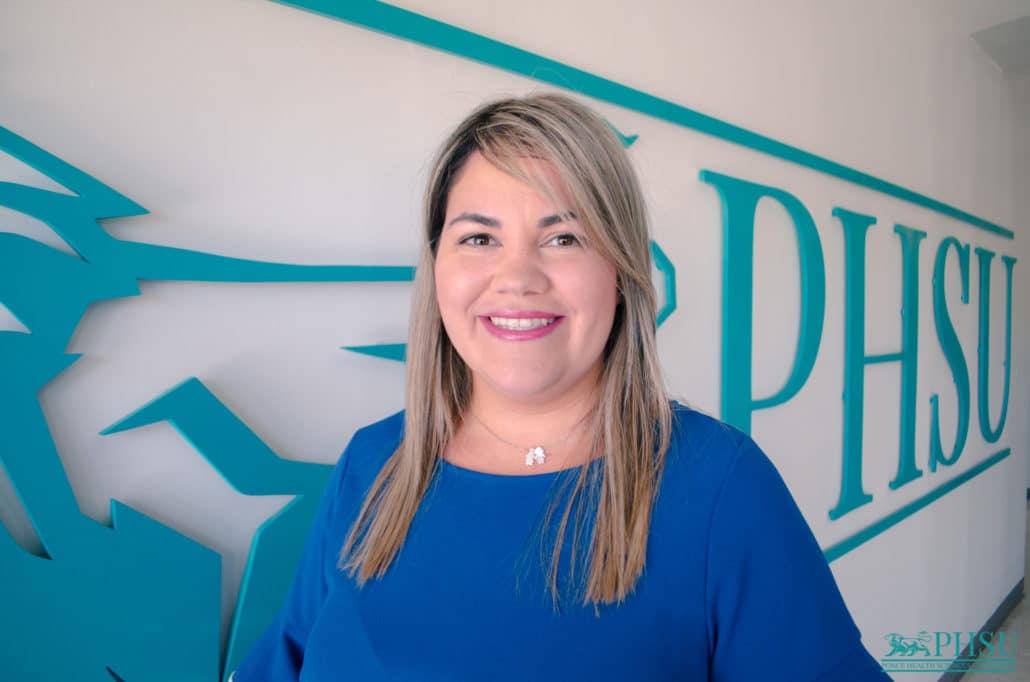
 “The PsyD scholarship initiative at our new University Center is part of our broad effort to help Puerto Rico’s next generation of clinical psychologists,” says Dr. David Lenihan, CEO of PHSU. “We’ve seen how the devastating effects of Hurricane Maria have impacted the island, and we’re committed to helping its citizens recover as quickly as possible by making our excellent programs more accessible for deserving students.”
“The PsyD scholarship initiative at our new University Center is part of our broad effort to help Puerto Rico’s next generation of clinical psychologists,” says Dr. David Lenihan, CEO of PHSU. “We’ve seen how the devastating effects of Hurricane Maria have impacted the island, and we’re committed to helping its citizens recover as quickly as possible by making our excellent programs more accessible for deserving students.”